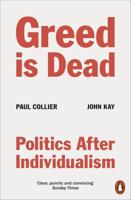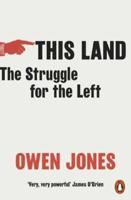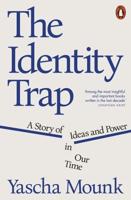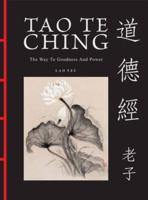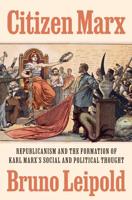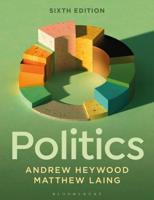Publisher's Synopsis
How do we understand Jews and political power in the 21st century? Jews are in a new position for the first time in their history, holding political power both through their own nation-state system and as a result of their political access and influence within the American context. Most of Jewish history, however, tells a different story-for 2,000 years Jews would operate without power, absent a political state, and denied access within the societies in which they would reside. The Quest for Power seeks not only to define the nature of Judaism as a political system but to demonstrate how Jews would manage their limited access to political influence while living under different systems of government. The uniqueness of the American story and the creative tension between the nationalistic focus on Zion and the universal emphasis on social justice provide the basis for understanding the contemporary Jewish political environment. Certainly for the enemies of the Jewish people, any confirmation that Jews have power or have had access to it serves only to confirm their preconceived notion that Jews are too powerful. In this current reality, Jews are now forced to defend the existence of their state and their right to exercise their political clout. It was certainly permissible to rail against Jews when they were powerless as they had limited resources to challenge such assumptions. The current environment, however, must be seen as even more threatening to those opposed to Jewish influence, as Jews can and have exercised a level of influence unique in their history and important for other groups to understand and to emulate.

